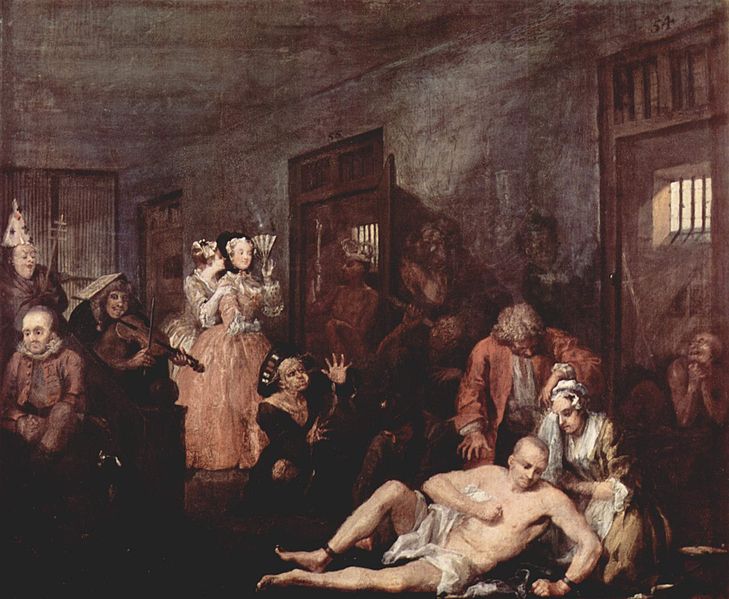
A very observant reader has posted on the
Dear Dogberry page asking why there aren't more rhymes for plinth. She observes that:
I can't think of anything it rhymes with or even any other word with 'nth' apart from numbers ending in a 'n' when ordering things by position.
Now that's not exactly right, and indeed she corrected herself with labyrinth. There's also
hyacinth,
labyrinth,
absinthe (depending on how you pronounce it) and
synth. There are even some weakly stressed words like
jacinth (a kind of gem) and
Corinth. However, that last example might make you notice that all of these words are late imports. None of them derive from Old English.
Even the OE-derived words that have
Nth, such as
month and
ninth, once didn't. The Old English for
ninth was
noneth, and for
month was
monat. Had you been alive a thousand years ago you wouldn't have found any
nth words. Or
mth words. Or
mf words. The Anglo-Saxons had no
umph. This is the long arm of the Ingvaeonic Nasal Spirant Law.
Don't worry. Ingvaeonic Nasal Spirant sounds rather intimidating and complex, but it isn't.
Ingvaeonic just means Old English, Old Frisian and Old Saxon. These were old languages spoken in Denmark(ish) and then brought to England.
A Nasal sound is just one that you can't make when holding your nose. Try it. Pinch your nose and say 'tatty'. Easy, isn't it? That's because T isn't a nasal sound. Now try saying 'man'. Weird, ain't it? Now try saying 'Steve McManaman'. As Jesus of Nazareth almost put it: 'Man cannot say God and mammon when holding his nose.'
A spirant is the same as a fricative. It's any sound made by forcing air through a bit of your mouth. So clasp your tongue between your teeth and blow. You should get a Th sound. Put your top teeth on your lower lip and... Ffffff. It's the same for Sssss and shhhh. And, technically, the last sound in
Johann Sebastian Bach is also a fricative.
So what's the Ingvaeonic Nasal Spirant Law? It's the Law that says that in the Ingvaeonic languages words never end with a Nasal sound followed by a Spirant. Just doesn't happen. And nobody knows why. The Germans do it all the time. The Germans, for instance, say
Uns. The Old Germans said
Uns. But for some reason, when Old English was being formed, that N got dropped and so we say
Us. The Germans talk about a
gans, but we have a
goose.
All of which means, that one observant reader was close to discovering a law of first-millennial linguistics all on her own.
I was lounging around on my plinth
And thought, as I sipped an absinthe,
Though some like the guitar
I'd rather by far
Hear the sweet man-made sound of a synth.
The which limerick was necessary so I could post this slightly blue-languaged video.
This song is particularly funny if you live as close to Exmouth Market as I do.














